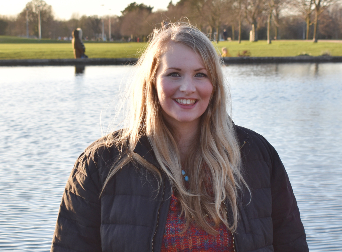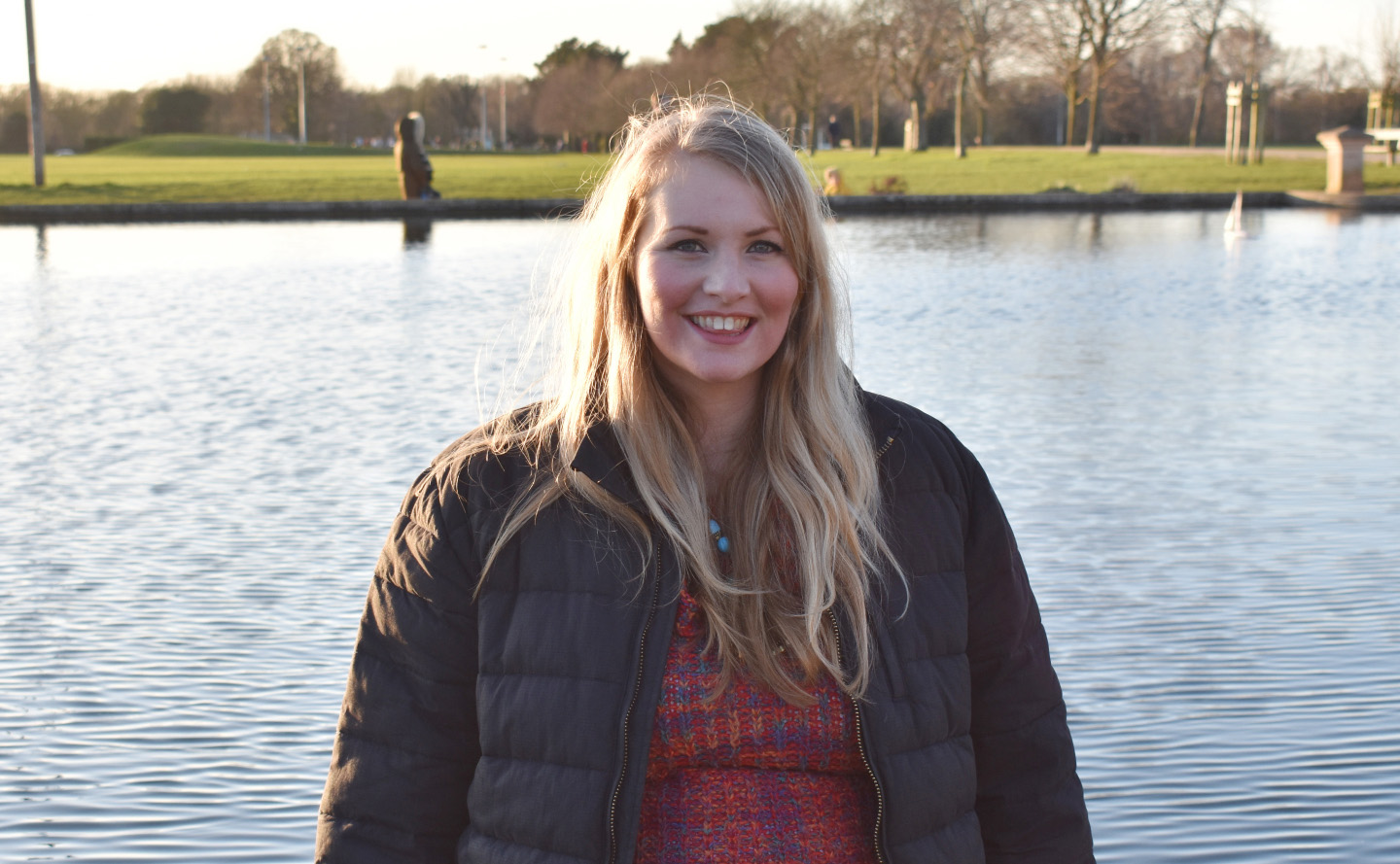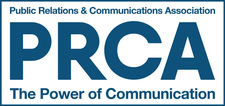BA (Hons) Digital Media and Communications
Key information
-
Typical offer:
Entry requirements -
Fees: See below
Full details -
UCAS code: P700
-
Institute code: H36
-
Study abroad option
-
Work placement option
Find out more
Why choose this course?
- Accredited by PRCA (Public Relations and Communications Association)
- Work with a client to showcase your skills to employers
- Study the media internationally & locally, alongside vocational skills
In today’s fast-paced media world, people with the ability to write, design, understand imagery and harness new technologies are in high demand. Join this group by developing your communications skills (both oral and written), learning to create and publish content across a broad range of formats.
This course will equip you with a portfolio of practical skills as well as a theoretical and critical understanding of Media. Our industry-focused approach, combining theory and practice, will help build your confidence, give you the communication and technological skills required for the industry and help you plan your career.
You’ll learn how the media works globally and nationally, how to build and edit brilliant websites and create a hard-hitting ad campaign. You can study public relations, celebrity culture and influencers or examine how the media represents diverse groups. Using industry standard software and equipment, our professionally experienced academics and researchers will help you develop skills across divergent platforms and for different audiences.
Your course is affiliated to the Public Relations and Communications Association (PRCA), one of Britain's top organisations for PR professionals giving you valuable internship and networking opportunities.
In the 2022 National Student Survey (NSS), our media degrees achieved an overall satisfaction rating of 82%. 85% of students reported that lecturers were good at explaining things and 82% of students (above the sector average) appreciated the chance to bring information and ideas together from different topics.
What's the course about?
The delivery of teaching varies according to the characteristics of each module. Workshops are used for modules where practical skills taught are taught enhanced by the supervision of experts, but there are also seminars and lectures. Assignments range from storyboards to creating audio for radio, websites, and even the traditional essay. The course is exclusively coursework.
In your first year, you’ll explore the world of media communications and global media, looking at who owns the news, at the influence of the BBC and commercial entities such as Sky and consider how media varies across the globe. Your practical skills will include learning to tell stories using your phone and podcast and learning about the power of the image.
In your second year, you’ll learn key media research methods and skills. You’ll explore radio journalism and examine world-changing journalism campaigns such as Black Lives Matter and Watergate.
If you’re into music, film, food or travel, you’ll have opportunities to create magazine layouts and pdfs for online publications or design for mobile phones. A video option will give you the chance to create a documentary, or alternatively you can explore the world of the brand.
Work placement/study abroad option: Between your second and final year, you’ll have the option to study abroad or complete a work placement for up to a year. Not only will this give you an amazing experience to talk about, but it will also give your CV a boost. If you would rather go straight to your final year, that’s fine too. You can decide in your second year with us, so there is still plenty of time to think about this.
In your final year, you’ll be spoilt for choice. You’ll undertake a major project to design your own website, but you can also choose to do a media project for a commercial or charitable client, to learn about Corporate Communications or Advertising or both and you’ll also learn about PR and the world of celebrity. As you move through your degree, you’ll have improved both your thinking skills and knowledge of media, in tandem with practical media-related skills.
Guest speakers and networking (Media Matters)
Each year the School of Humanities hosts a range of industry professionals, giving talks on their experience in the media and publishing industry. These lectures are recorded by our final year students and available on our Taster Hub. Some of our previous speakers have included:
- Andrea Thompson, Editor in Chief of Marie Claire
- Richard Keith, Journalist for Edge Magazine and Publisher, PCGamer
- Georgina Lawton of online ezine Gal-Dem for women and non-binary people of colour
- Steve Swann, investigative journalist, BBC
Applying for this course is easy. Simply add us to your UCAS account by using the institution and course code mentioned in ‘Key information’. There is no interview for this course. We’re just interested to hear why you want to study this subject at degree level.
Your main campus is College Lane
This is where the creative arts, science and health-related subjects are based. This means you’ll share the campus with future nurses, scientists, artists and more. You can use the common rooms to relax with friends, work out in the 24-hour gym or have a drink in our on-campus pub or cafes. We also have restaurants for you to eat in or grab something on the go. Our Learning Resources Centres are open 24/7, which means you can study whenever suits you best. Want to pop over to the other campus? You can take the free shuttle bus or walk there in just 15 minutes.
What will I study?
Degree programmes are structured into levels, 4, 5 and 6. These correspond to your first, second and third/final year of study. Below is a list of compulsory and optional modules. However, whatever choices you make, you will study no more than eight modules a year and possibly less in your final year depending on your degree.

Alumni Stories
Kate Stephenson
Meet Kate Stephenson who has excelled in the publishing industry since graduating. She currently works as the Education Editor at National Geographic Kids magazine.
Read more stories BA (Hons) English Language and Media| Current job role | Education Editor |
|---|---|
| Year of graduation | 2013 |
| Course of study | BA (Hons) English Language and Communication with Journalism and Media Cultures |

University experience
Kate always knew that she wanted to work in the media and her unique degree gave her the flexibility to understand the logistics behind magazines as well as develop her writing and communication skills. The variety of topics and modules covered in her course enabled her to understand a lot about her dream career and enable her to develop valuable skills for working in the industry.
While studying, Kate took every opportunity offered to her. Her lecturers gave her opportunities to network with their colleagues for the industry enabling Kate to secure work experience and explore different career opportunities upon graduation.
She also worked as part of the Students’ Union student media, called Triden Media, writing regularly for their newspaper and magazine. Kate says, ‘Take advantage of every opportunity while it’s on offer and dive in as much as possible.’
The future
In the future, Kate hopes to further develop and grow the project she is working on at National Geographic and their educational content. One of her recent projects was launching their Primary School resource service by writing the curriculum.

